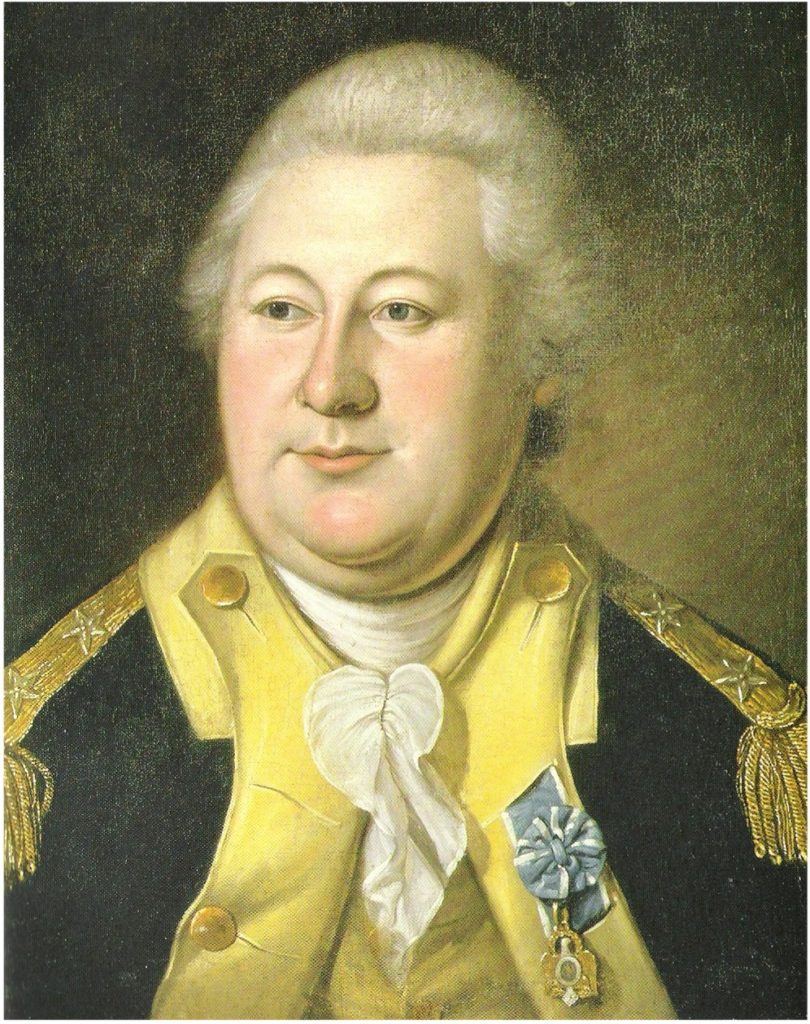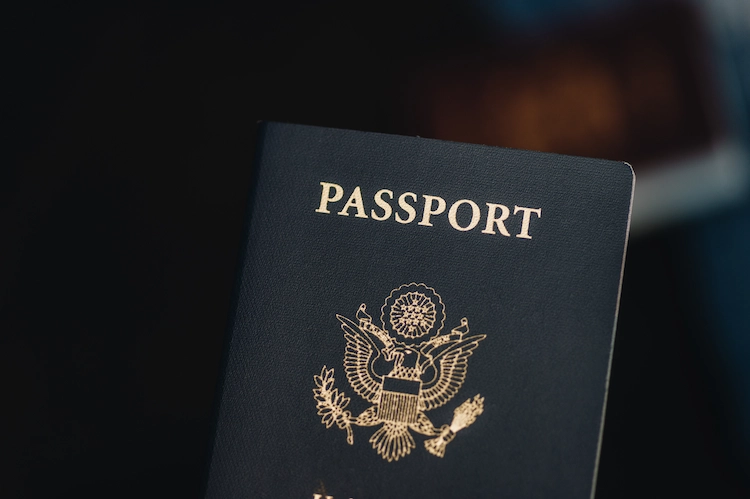
General Henry Knox served in the Continental Army through the duration of the Revolutionary War, becoming one of George Washington’s most trusted officers. After commanding the army’s artillery, he went on to become the country’s first U.S. Secretary of War, serving from 1789 to 1794.
Early Life
Henry Knox was born on July 25, 1750, in Boston, Massachusetts. He was the seventh of ten children. When his father died, Knox quit school at the age of nine to help support his family. After working at a Boston bookbindery, Knox opened his own bookstore, The London Book Shop, at the age of 21. Largely self-educated, Knox was an avid reader, with an affinity for books involving military tactics and artillery.
Knox joined the local militia at the age of 18. It was during his military exercises in Boston Common that Knox met Lucy Flucker. The daughter of British loyalists, Flucker was one the most highly-educated and aristocratic young women in the colonies at the time. Despite her parents’ objections, Lucy and Henry Knox were married on June 16, 1774. They had thirteen children, ten of whom did not live past early childhood.
Revolutionary War
Knox joined the Continental Army in 1775 and quickly played a pivotal role in driving the British out of Boston, where soldiers had sieged and looted his bookshop. Knox directed the cannon fire at the Battle of Bunker Hill and then, at the direction of George Washington, helped transport captured British artillery from Fort Ticonderoga, in upstate New York, to Boston. Relying on oxen, horses, and men, Knox transported artillery totaling 120,000 pounds more than 300 miles in the middle of winter. When the British saw the weapons, they withdrew from Boston.
Knox also helped the rebels secure victory in the Battle of Trenton by successfully commanding the entire river crossing operation. In total, the army brought 18 cannons across the river, some weighing as much as 1,750 pounds, as well as horses, carriages, ammunition, and other supplies. After the battle was won, Knox directed a second crossing of equipment and prisoners. In recognition of his efforts, Knox was made brigadier general.
In 1777, Knox was almost replaced by Philippe Charles Tronson du Coudray, a French artillery officer. Although he been recommended by Silas Deane, the American Minister to France, Washington petitioned to Congress to keep Knox in the role, writing:
General Knox, who has deservedly acquired the character of one of the most valuable officers in the service, and who combating almost innumerable difficulties in the department he fills has placed the artillery upon a footing that does him the greatest honor; he, I am persuaded, would consider himself injured by an appointment superseding his command, and would not think himself at liberty to continue in the service.
Knox proved his worth by commanding the artillery in key battles at Monmouth, New Jersey and Yorktown, Virginia. He also played significant role in training the militia, an effort that would later result in the establishment of West Point Military Academy. By the end of the war, Knox was a major general. He went on to succeed Washington as commander of the army.
Secretary of War
Knox was elected Secretary at War by Congress in 1785. Four year later, President George Washington appointed Knox to his cabinet as his Secretary of War. During Knox’s tenure, he focused largely on containing uprisings by Native American tribes.
Knox resigned as Secretary of War on December 28, 1794. In his resignation letter to Washington, he wrote:
After having served my country nearly twenty years, the greatest portion of which under your immediate auspices, it is with extreme reluctance, that I find myself constrained to withdraw from so honorable a station. But the natural and powerful claims of a numerous family will no longer permit me to neglect their essential interest. In whatever situation I shall be, I shall recollect your confidence and kindness with all the power and purity of affection, of which a grateful heart is susceptible.
Later Life
After he left public service, Knox and his family moved to Thomaston, Maine, where he built an estate known as Montpelier. He engaged in a number of business enterprises, many of which were unsuccessful. Knox died on October 25, 1806, at the age of 56 after a chicken bone that got lodged in his throat caused an infection.








